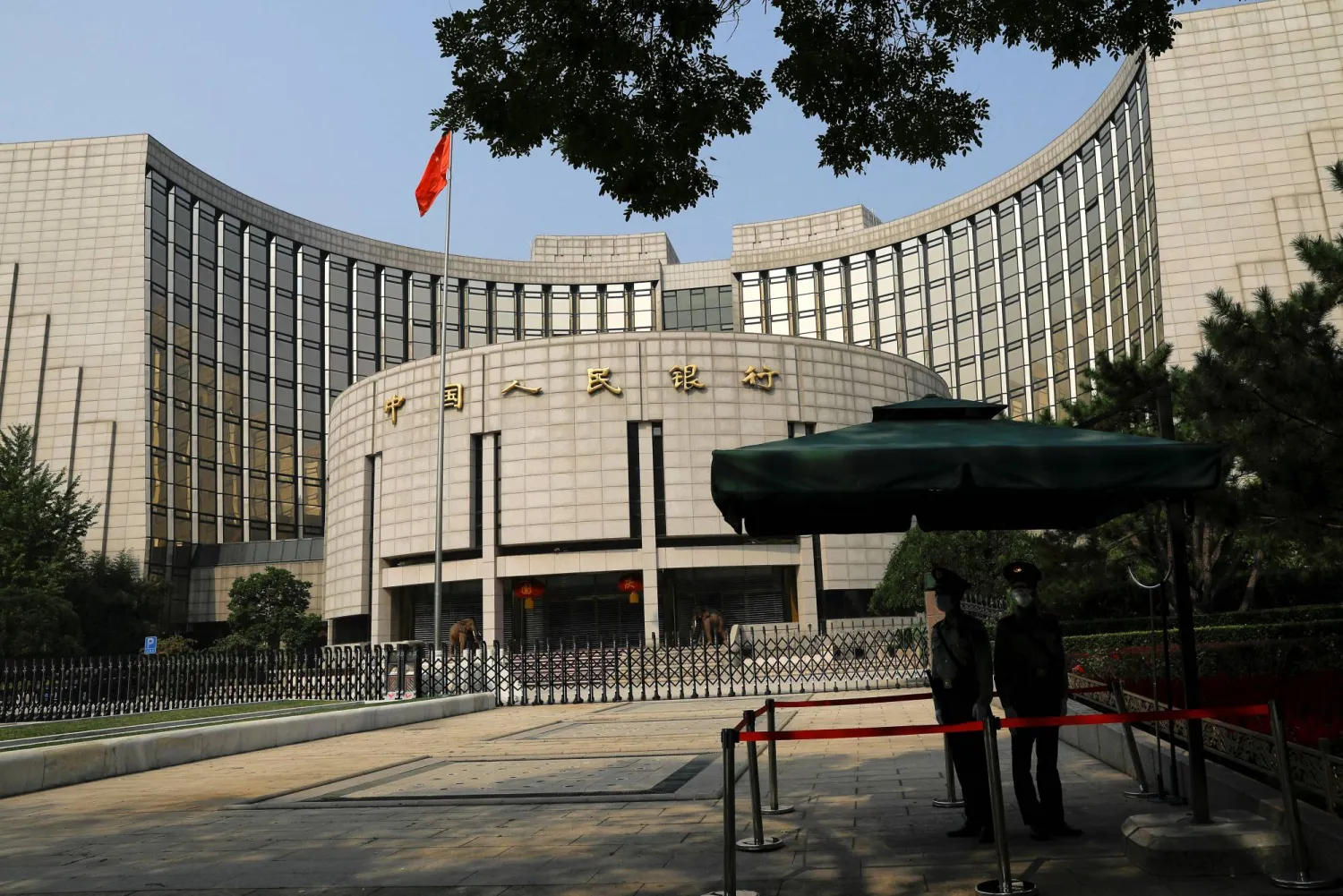Bank of China Vice Chairman and President Liu Jin resigned for personal reasons effective on Sunday, the bank said.
The state-owned lender said its board had approved Chairman Ge Haijiao to serve as acting president, according to a filing released by the bank on Sunday.
Bank of China (BOC) did not immediately reply to a Reuters request for comment. Liu could not be immediately reached for comment.
Liu, born in 1967, was named as president of the bank in April 2021. He previously served as president of China Everbright Bank from January 2020 to March 2021 and vice president of policy lender China Development Bank from September 2018 to November 2019.
Liu's departure follows that of former BOC Chairman Liu Liange, who stepped down in March 2023 and was placed under investigation by the anti-graft watchdog before pleading guilty to taking bribes worth more than 121 million yuan, as China intensified its anti-corruption campaign in the $66 trillion financial industry.
Liu Jin has also worked for state-owned Industrial and Commercial Bank of China, the world's largest lender by assets, as head of investment banking department and head of Jiangsu provincial branch.
Bank of China President Resigns

FILE PHOTO: Paramilitary police officers stand guard in front of the headquarters of the People's Bank of China, the central bank (PBOC), in Beijing, China September 30, 2022. REUTERS/Tingshu Wang/File Photo

Bank of China President Resigns

FILE PHOTO: Paramilitary police officers stand guard in front of the headquarters of the People's Bank of China, the central bank (PBOC), in Beijing, China September 30, 2022. REUTERS/Tingshu Wang/File Photo
لم تشترك بعد
انشئ حساباً خاصاً بك لتحصل على أخبار مخصصة لك ولتتمتع بخاصية حفظ المقالات وتتلقى نشراتنا البريدية المتنوعة







